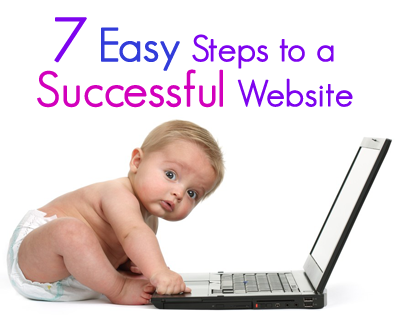WordPress vs Drupal: The Ultimate Battle for Website Development Supremacy
 In today’s digital age, having a strong online presence is vital for businesses and individuals alike. When it comes to website development, two prominent platforms have emerged as popular choices: WordPress vs Drupal. Both content management systems (CMS) have their own strengths and weaknesses, but in this article, we will explore why WordPress stands out as the better option overall in our opinion.
In today’s digital age, having a strong online presence is vital for businesses and individuals alike. When it comes to website development, two prominent platforms have emerged as popular choices: WordPress vs Drupal. Both content management systems (CMS) have their own strengths and weaknesses, but in this article, we will explore why WordPress stands out as the better option overall in our opinion.
User-Friendly Interface: Simplicity at Its Best
One of the key advantages that WordPress offers is its user-friendly interface. With its intuitive design, even beginners can quickly grasp the essentials of website creation. WordPress boasts a vast library of themes and plugins, enabling users to customize their websites effortlessly. The platform’s drag-and-drop functionality allows for easy content arrangement and customisation, eliminating the need for extensive coding knowledge. In contrast, Drupal often requires advanced technical skills to navigate and utilise effectively, making it less accessible for non-technical users.
Extensive Plugin Ecosystem: Enhancing Functionality
Another compelling reason to choose WordPress is its extensive plugin ecosystem. WordPress offers a wide array of plugins that enhance functionality and add new features to websites. Whether you need to integrate social media sharing buttons, improve search engine optimisation, or incorporate e-commerce capabilities, WordPress has you covered. With over 50,000 plugins available in the official WordPress Plugin Directory, users have limitless possibilities to extend their websites’ capabilities. Drupal, on the other hand, has a significantly smaller pool of plugins, limiting customisation options for users.
Thriving Community Support: Help Is Just Around the Corner
One of the factors that sets WordPress apart from Drupal is its robust and supportive community. WordPress powers over 40% of the websites on the internet, creating a vast network of users and developers who are eager to share their knowledge and assist fellow users. The WordPress community offers extensive documentation, forums, and online tutorials, making it easy to find answers to any questions or troubleshoot issues. Additionally, due to its popularity, WordPress benefits from constant updates and improvements, ensuring a secure and up-to-date platform. While Drupal also has a dedicated community, it is not as extensive or active as the WordPress community, which can make finding assistance and resources more challenging.
SEO-Friendly Architecture: Rank Higher on Search Engines
Search engine optimisation (SEO) is crucial for driving organic traffic to websites. In this aspect, WordPress shines. Its architecture is inherently SEO-friendly, allowing search engines to crawl and index websites efficiently. WordPress generates clean and semantic code, which search engines favor, resulting in better rankings. Additionally, the availability of various SEO plugins further enhances WordPress’s SEO capabilities, enabling users to optimise their websites with ease. While Drupal can also be optimised for SEO, it requires more technical expertise to implement effectively.
Versatility and Scalability: Growing with Your Needs
As businesses and websites grow, scalability becomes a critical factor. WordPress offers unmatched versatility and scalability, making it an ideal choice for websites of all sizes. Whether you are starting with a simple blog or planning to build a complex e-commerce platform, WordPress can adapt to your changing needs. With its vast theme and plugin ecosystem, you can easily revamp your website’s design and functionality without the need for extensive redevelopment. Drupal, although powerful, is better suited for complex and enterprise-level websites, making it less flexible for small to medium-sized projects.
In conclusion, while both WordPress and Drupal are capable CMS platforms, WordPress emerges as the better option for most users. Its user-friendly interface, extensive plugin ecosystem, thriving community support, SEO-friendly architecture, and unmatched versatility make it a top choice for individuals and businesses alike. Whether you’re a seasoned developer or a beginner looking to establish an online presence, WordPress provides the perfect balance between simplicity and functionality.
We hope, this article has helped you understand the key differences between WordPress vs Drupal!
If you’d like to talk to us about helping your business create a new WordPress website or taking control of an existing site, please get in touch below :

 Get your free guide access here:
Get your free guide access here: